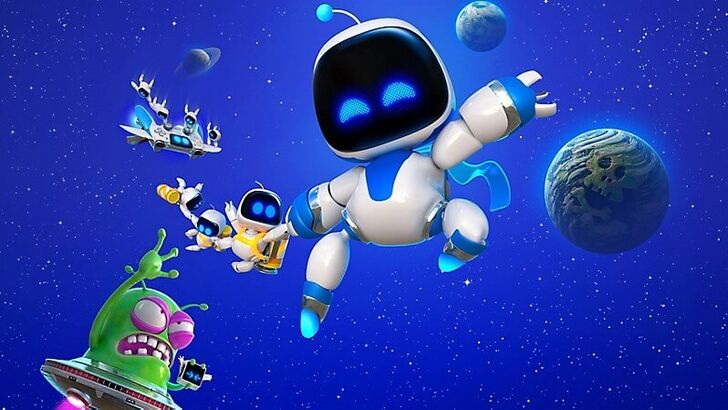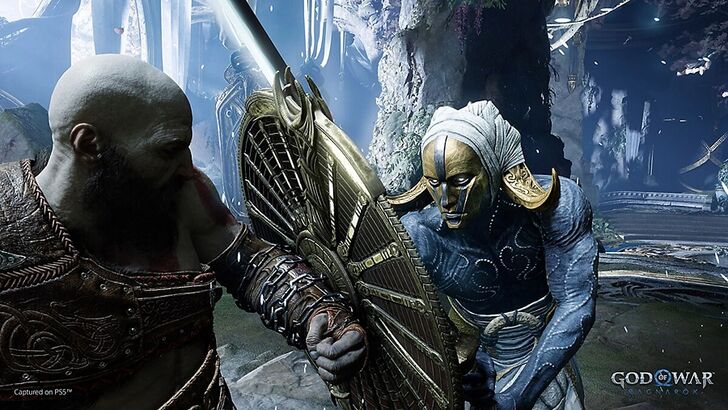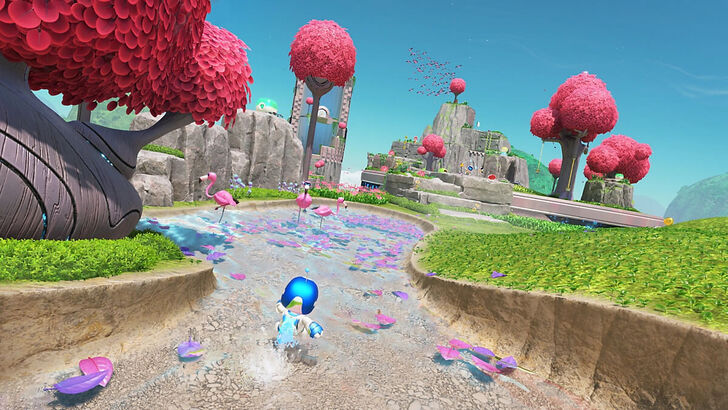PlayStation CEO Hermen Hulst: AI in Gaming – A Powerful Tool, Not a Replacement

In a recent interview with the BBC, PlayStation co-CEO Hermen Hulst discussed the burgeoning role of artificial intelligence (AI) in the gaming industry. While acknowledging AI's potential to revolutionize game development, Hulst emphasized the irreplaceable value of the "human touch."
A Balancing Act: AI and Human Creativity

Hulst's perspective comes at a significant juncture for the gaming industry, celebrating PlayStation's 30th anniversary. The rapid advancements in AI have sparked concerns among game developers about job displacement. The recent strike by American voice actors, fueled by the potential for AI-generated voices to replace human talent, highlights these anxieties. This concern is particularly relevant given that a CIST survey reveals that 62% of game studios already utilize AI for tasks like prototyping, asset creation, and world-building.
Hulst anticipates a "dual demand" in the future: games leveraging AI's innovative capabilities alongside handcrafted, human-driven content. He believes striking this balance is crucial for the industry's continued success.
PlayStation's AI Strategy and Beyond Gaming

PlayStation itself is actively engaged in AI research and development, with a dedicated Sony AI department established in 2022. However, their ambitions extend beyond gaming. Hulst envisions expanding PlayStation intellectual property (IP) into film and television, citing the upcoming Amazon Prime adaptation of 2018's God of War as an example. This broader entertainment strategy may even be linked to rumored acquisition talks with Kadokawa Corporation, a major player in Japanese multimedia.
Lessons Learned from the PlayStation 3

Reflecting on PlayStation's 30-year history, former PlayStation chief Shawn Layden described the PlayStation 3 (PS3) era as an "Icarus moment"—a period of overly ambitious goals that nearly proved disastrous. The team's attempt to create a "supercomputer" console, incorporating features beyond core gaming, proved too costly and complex. This experience led to a refocusing on creating the "best game machine of all time," a strategy that ultimately contributed to the success of the PlayStation 4.

The PS3 experience serves as a cautionary tale, highlighting the importance of prioritizing core strengths and avoiding overly ambitious, potentially unsustainable goals. This lesson, combined with a measured approach to AI integration, will likely shape PlayStation's future endeavors.








